Days 43 & 44 of my cycling journey – June 12-13, 2022
On a most beautiful day I cycled on a dyke along the Vistula to Oswiecim. Serene cycling, with a short excursion into the hills beyond the river transposed me into a mood of absolute content. Contrasting to this peace of mind was the following day’s visit to perhaps the most gruesome place on this earth, a place Germans called Auschwitz.
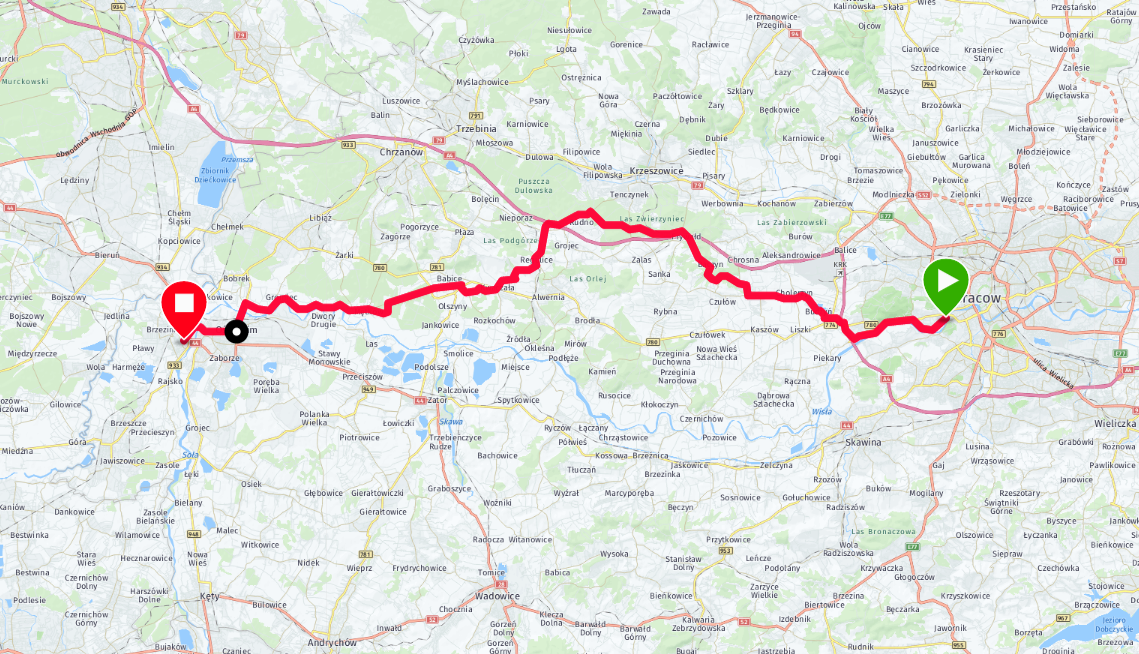
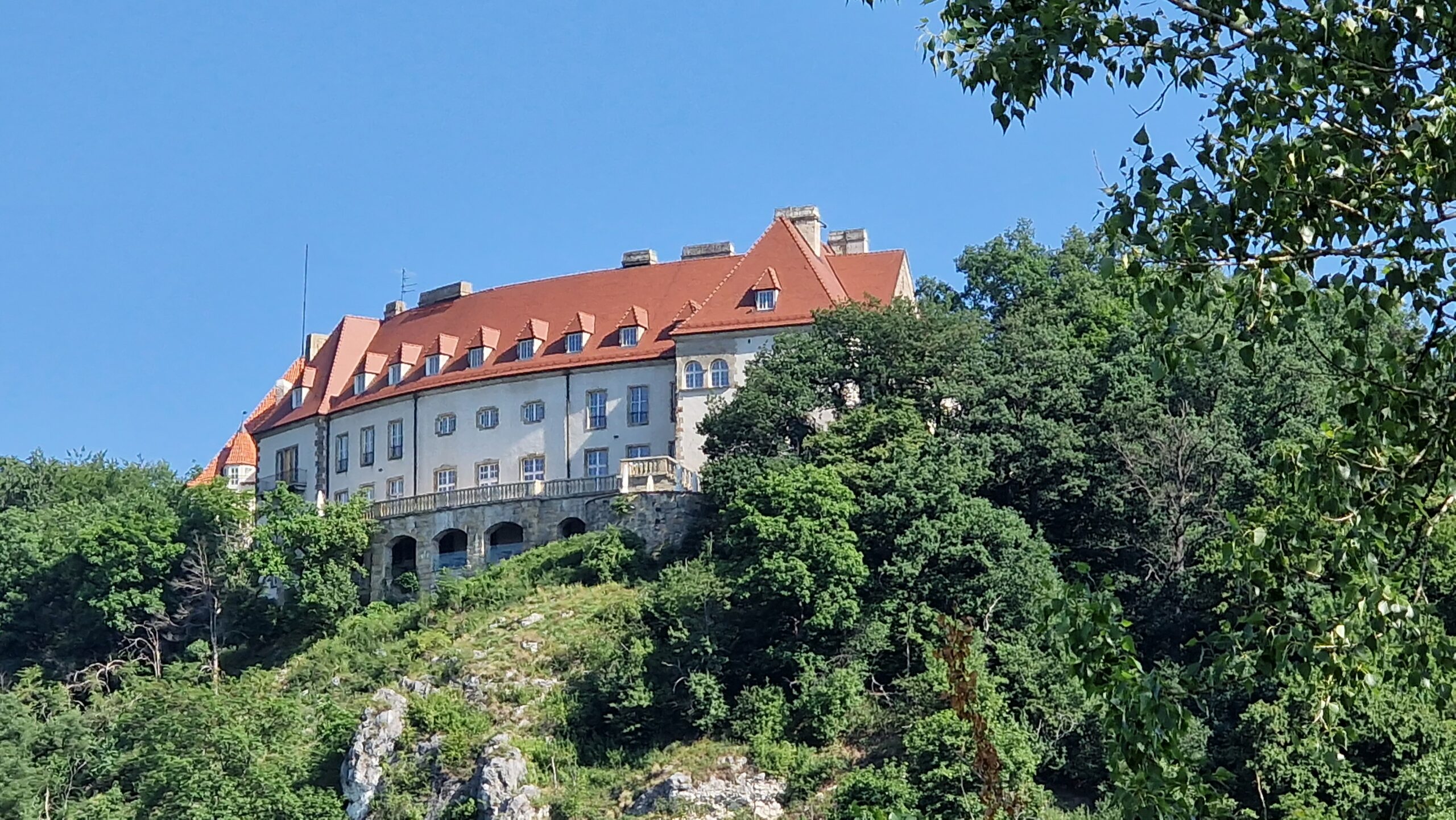
Sometimes there are days when cycling is so beautiful that it transposes you into a mood of absolute contentment. You cycle and you look around you in wonder and in admiration of the splendour the landscape has to offer. This happened to me on the day when I left Krakow and went for my ride to Oswiecim. Cycling mostly on a dyke along the Vistula, made for a tranquil cycling experience with no noticeable exertions due to hills and the lovely views of the floodplains of the Vistula and the hills beyond. Dotted with lovely churches or castles, these hills, in their intense shades of green, invited your eyes to constantly admire them and to appreciate the peacefulness of the moment. On the other side of the Vistula, one could just see the hazy, blue-grey shades of the Tatra mountains. In between the Vistula, in its meandering contour, much smaller now than two weeks ago, and with its floodplains sprinkled with the lighter greens of meadows and their typical river vegetation.
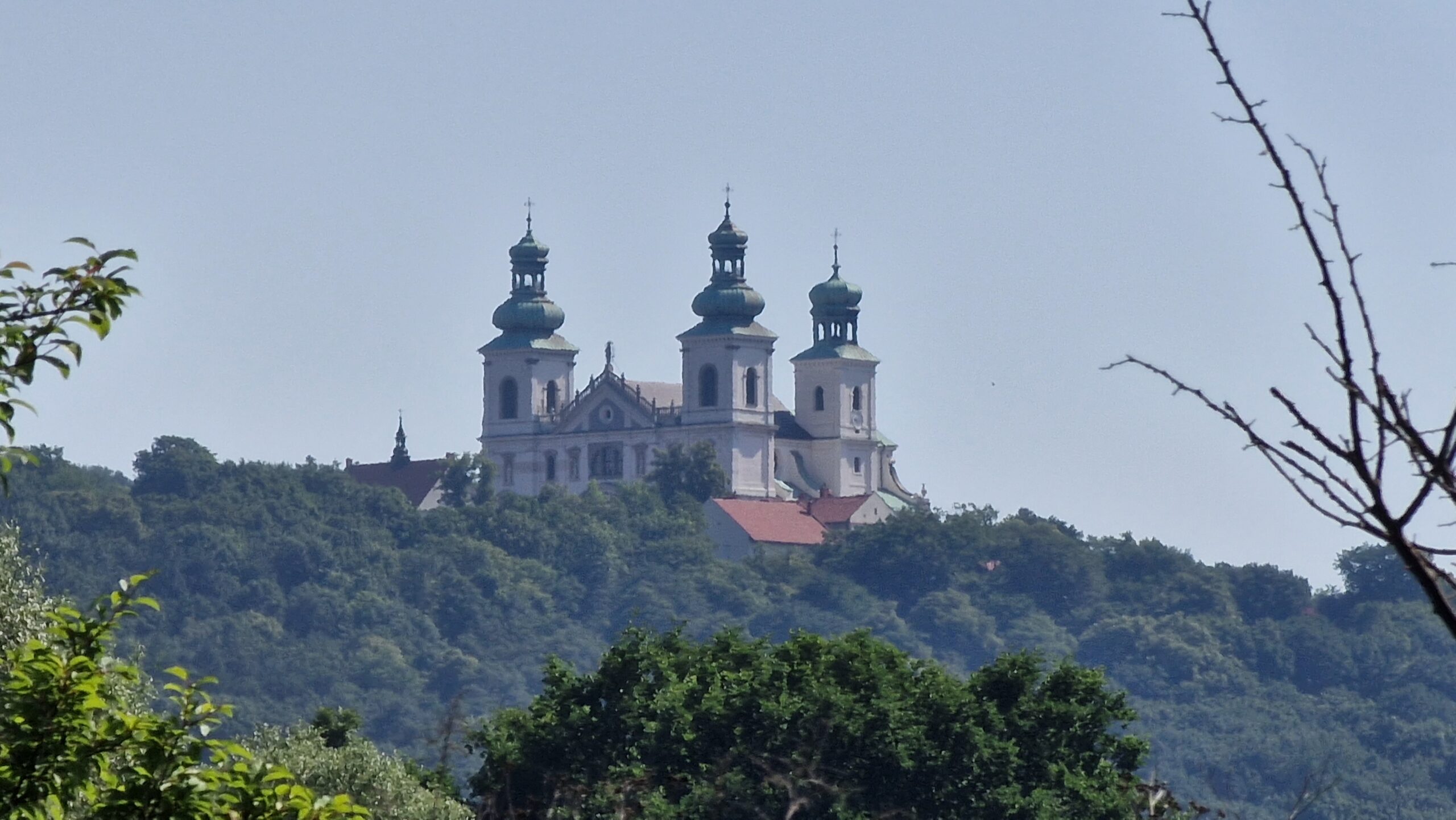
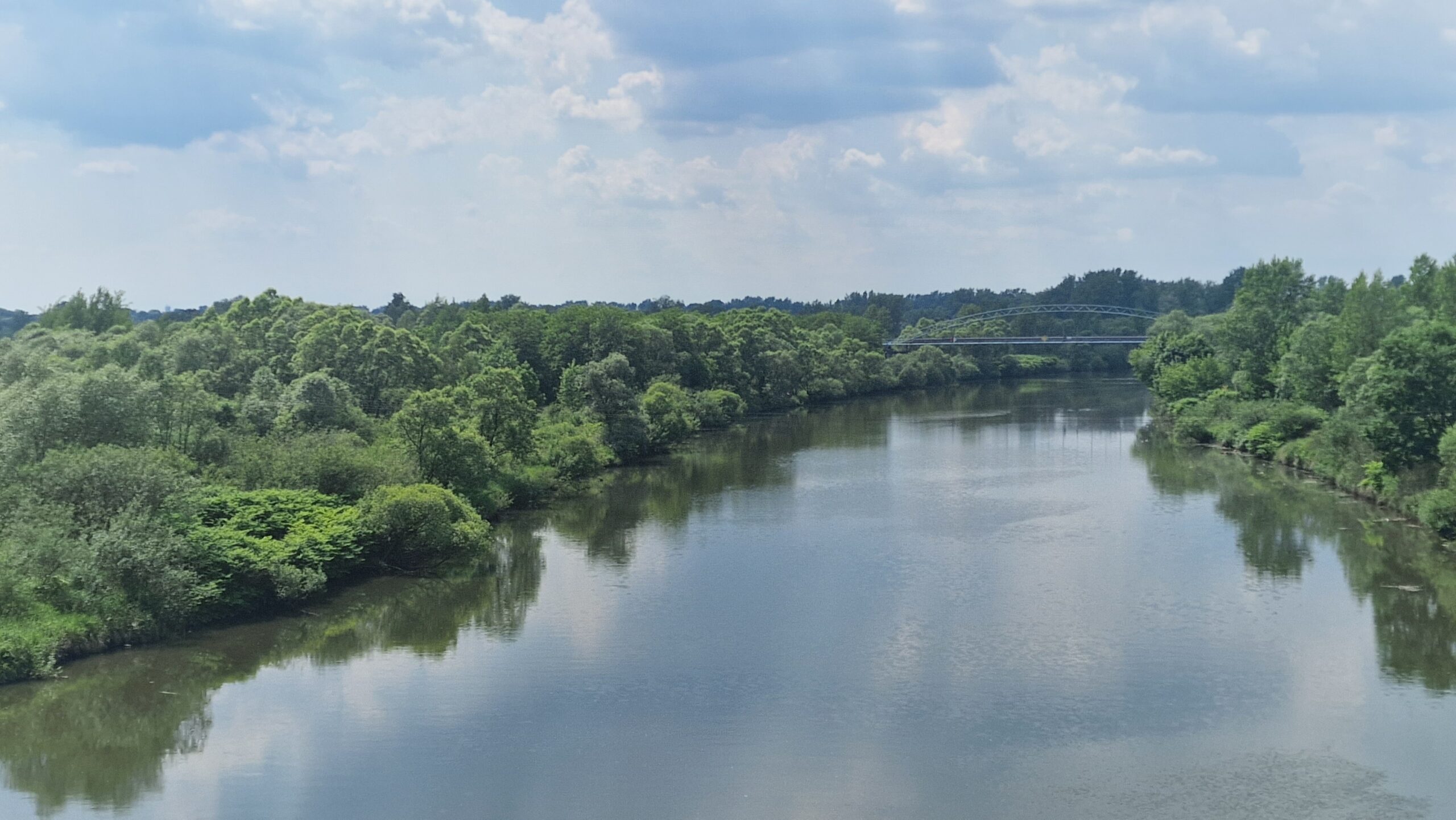
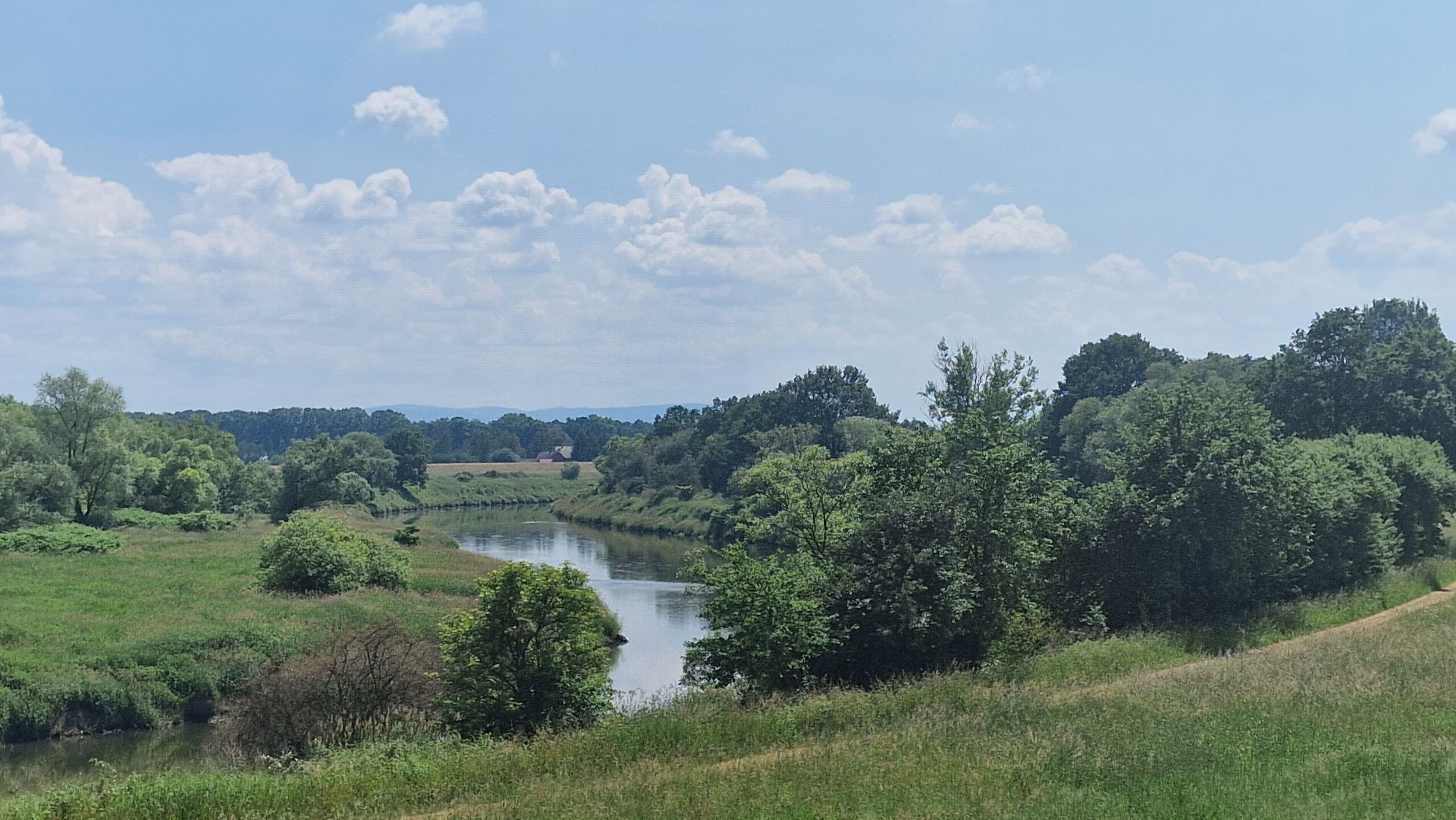
I was in cycling heaven. My navigation device, however, had a different perception and thought to include some work in the day’s cycling programme. For a while it sent me up the hills into the deep forests. Despite the exertions required to cycle up steep slopes and on grounds that were still soaked with the rains from the past days, it still was great, and it brought also a bit of shade, which I didn’t have on the dyke. Having had the perfect cycling day, I reached Oswiecim and settled into my guesthouse. I had planned to visit the Auschwitz I and Auschwitz II sites the next day in the morning before continuing further towards the Czech town of Ostrava.
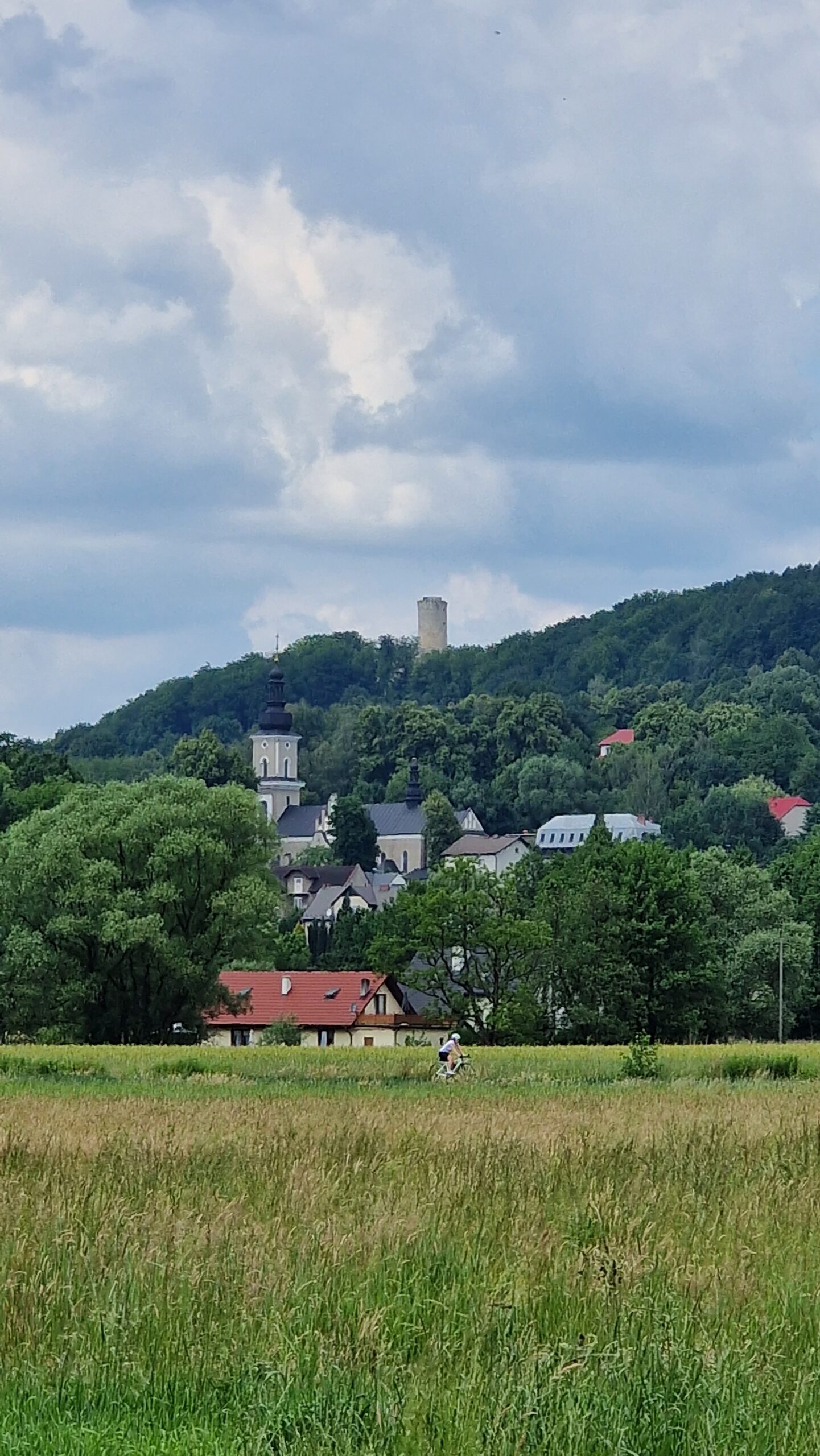
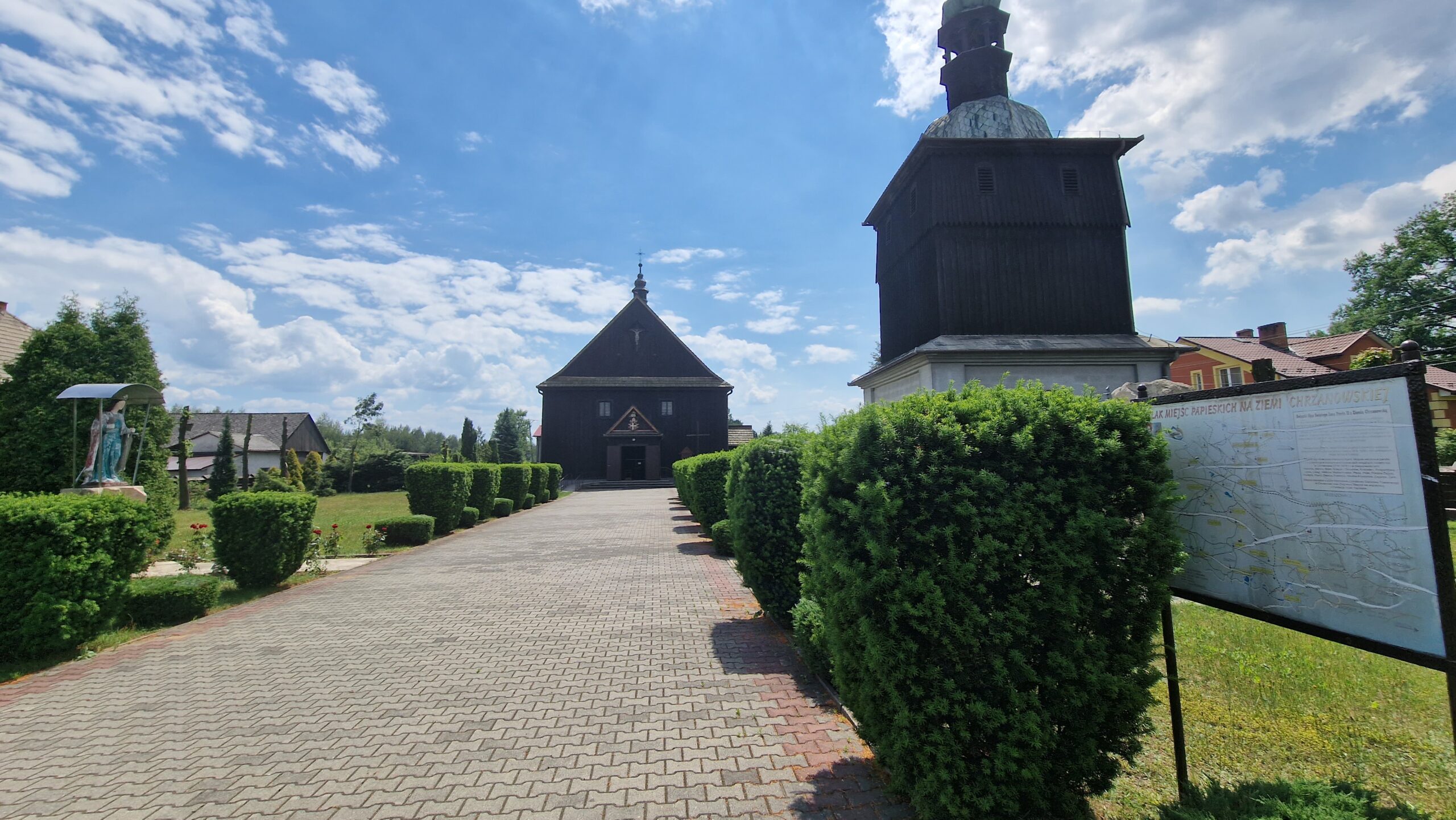
Nothing could have been of a higher contrast to the day before, than the day which shaped up to be a discontented experience from all perspectives. When getting up in the morning I got an automated emergency text message from the Polish Emergency Authorities, warning of heavy storms with torrential rains and possible electricity outings. The message also strongly suggested to seek shelter. Consequently, I tried to prolong my stay in the guesthouse, but I saw that my chances were slim when I looked out of my window and saw an entire busloads of German high school students waiting to get the go ahead to storm to their new rooms. As feared, the guesthouse was fully booked out and I had to find different accommodation. It wasn’t too difficult and after a while I was set up for the night and able to go and visit the place of horror, which was called Auschwitz.
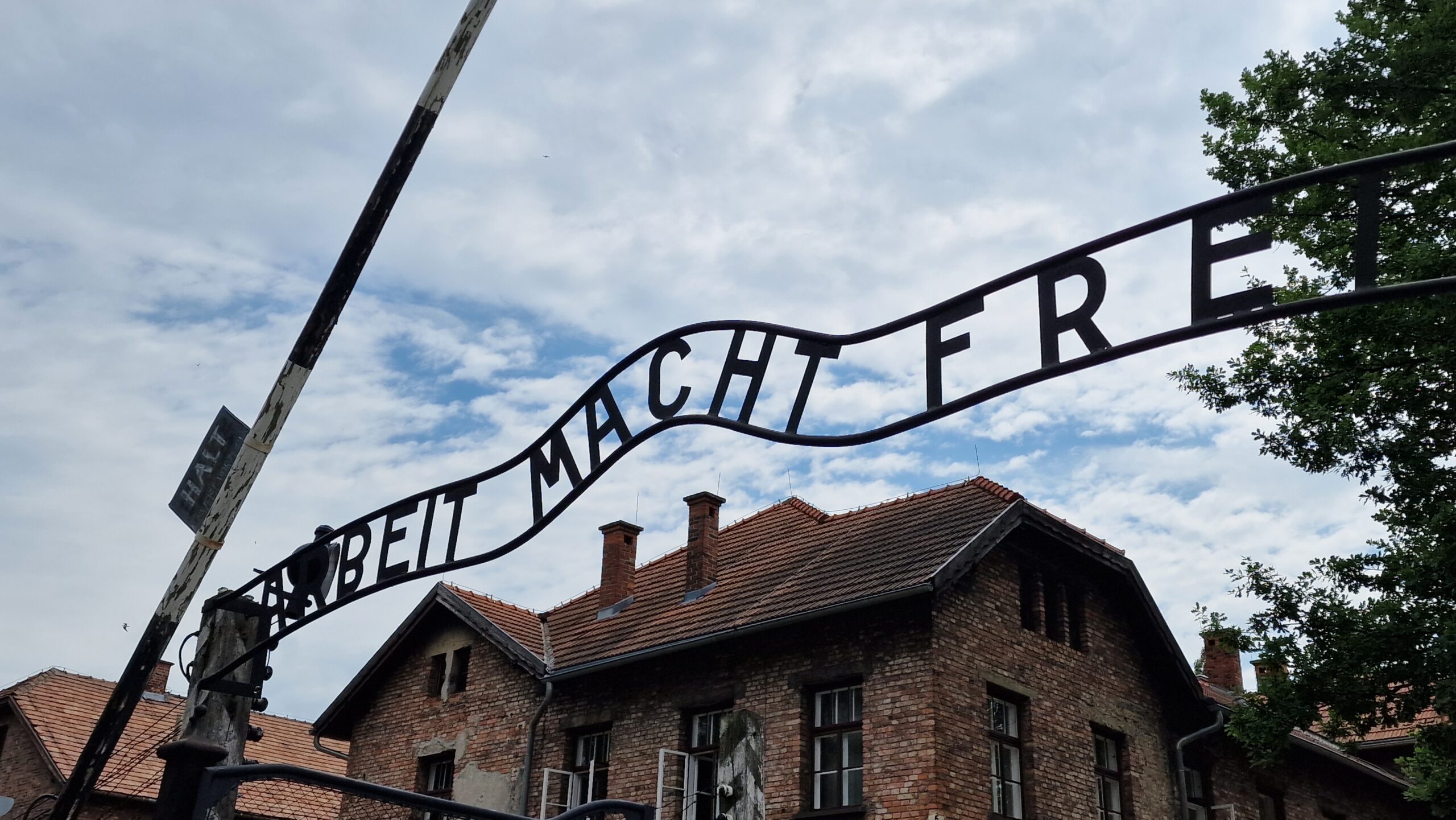
Being born and raised in Germany, to a generation where perhaps not the parents but the grandparents were in their prime during the Nazi rule, has always had an unsettling effect on the ways I viewed the older generations. Perhaps influenced by the daily beatings of my class teacher, who had been a former non-commissioned officer in the SS, I always wondered how people can turn into sadistic beasts and how other, saner people, can allow that. For me going to Auschwitz and Auschwitz-Birkenau was to see what the generation of my grandparents (and great grandparents) had done, and allowed to be done, and that there is only a small difference between civilization and barbarism, the complete lack of the slightest human emotion of pity and compassion. This inhuman state of mind is perhaps best expressed by Hans Frank, the Governor-General of Poland situated in the Wawel Castle in Krakow, who said to his staff: “Gentlemen, I must ask you to rid yourself of all feelings of pity. We must annihilate the Jews wherever we find them and whenever it is possible.”
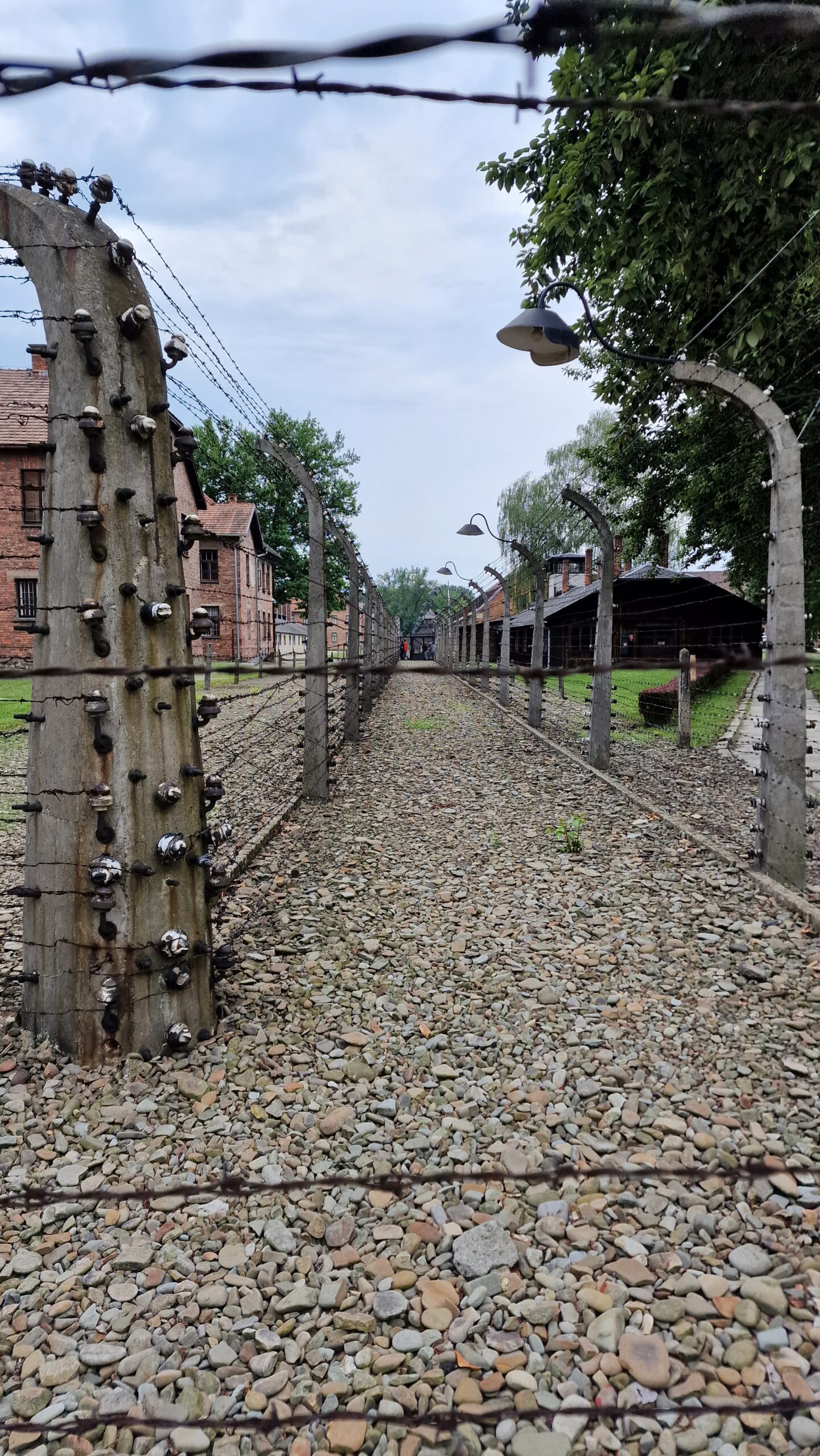
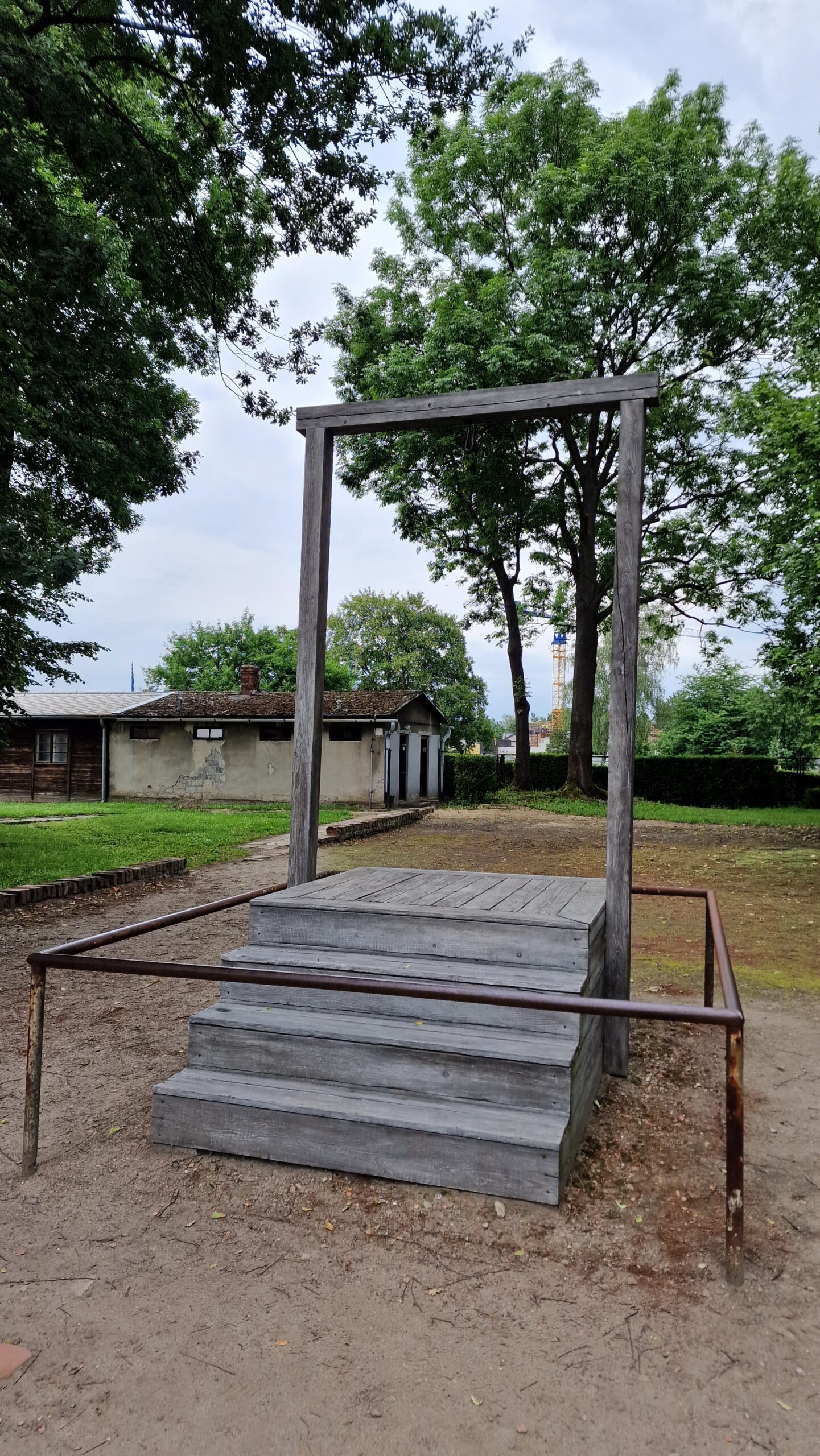
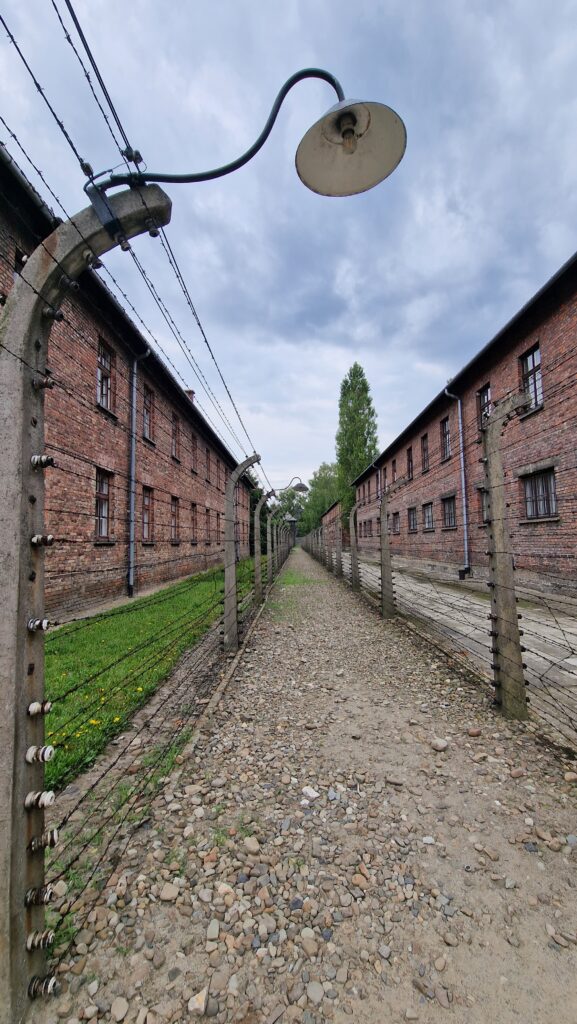
To see the Auschwitz concentration camp was disturbing, to say the least. The barracks with inhuman living conditions. Stepping through the gate with the sign “Arbeit macht frei” (work sets you free) slogan just shows the sadistic sarcasm. Nobody was getting freed here. The intend was to extract any ounce of energy the inmates body possessed for work, and for the inmates to die. When I saw barracks which had been labelled “Schonungstation” (recuperation unit) I felt complete and utter hatred for the cruel and merciless animals ordering that sarcastic joke. The inmates called it the “waiting room for the gas chamber”. Seeing the Auschwitz-Birkenau extermination camp let me experience the enormity of this atrocity. Approximately 1.3 million people were brought to Auschwitz and its side-camps. Of those roughly 1,.1 million died. The majority Jews, but also Polish, Soviet prisoners of war, Sinti and Roma and others. Surprisingly, only 800 SS personal from the 8000 who served there faced consequences. The rest disappeared, never to be bothered at all.
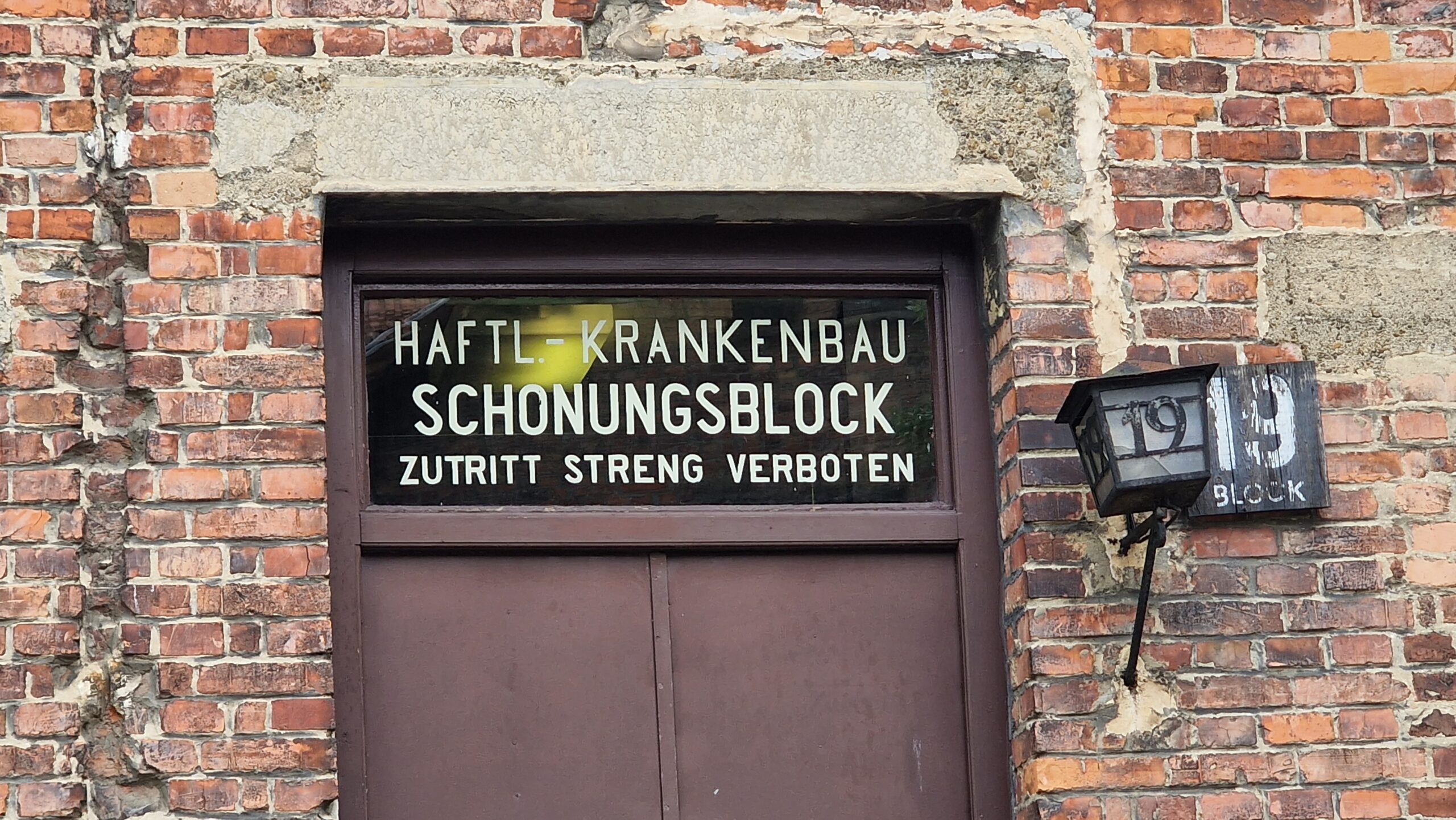
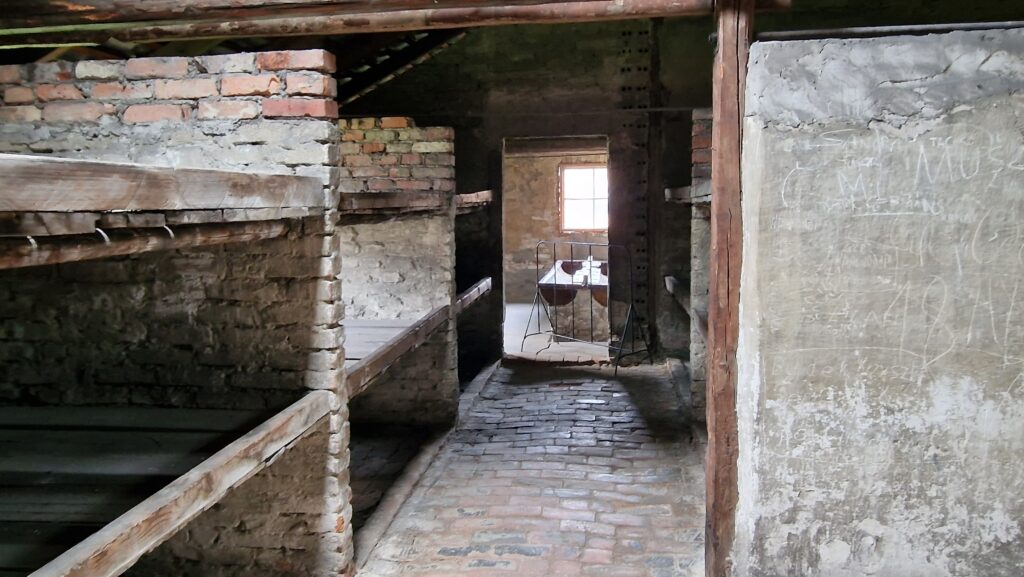
To see the barracks, the gas chamber, the execution square, the crematorium, the leftover baggage, the shoes of small children and the hair of those killed left a visible mark on my mind. It will stay in my memory as long as I live, and it reinforced my determination that I and others have the duty not to let anything like that happening again. Auschwitz has been burnt into my mind like the registration marks of the prisoners tattooed on their forearms.
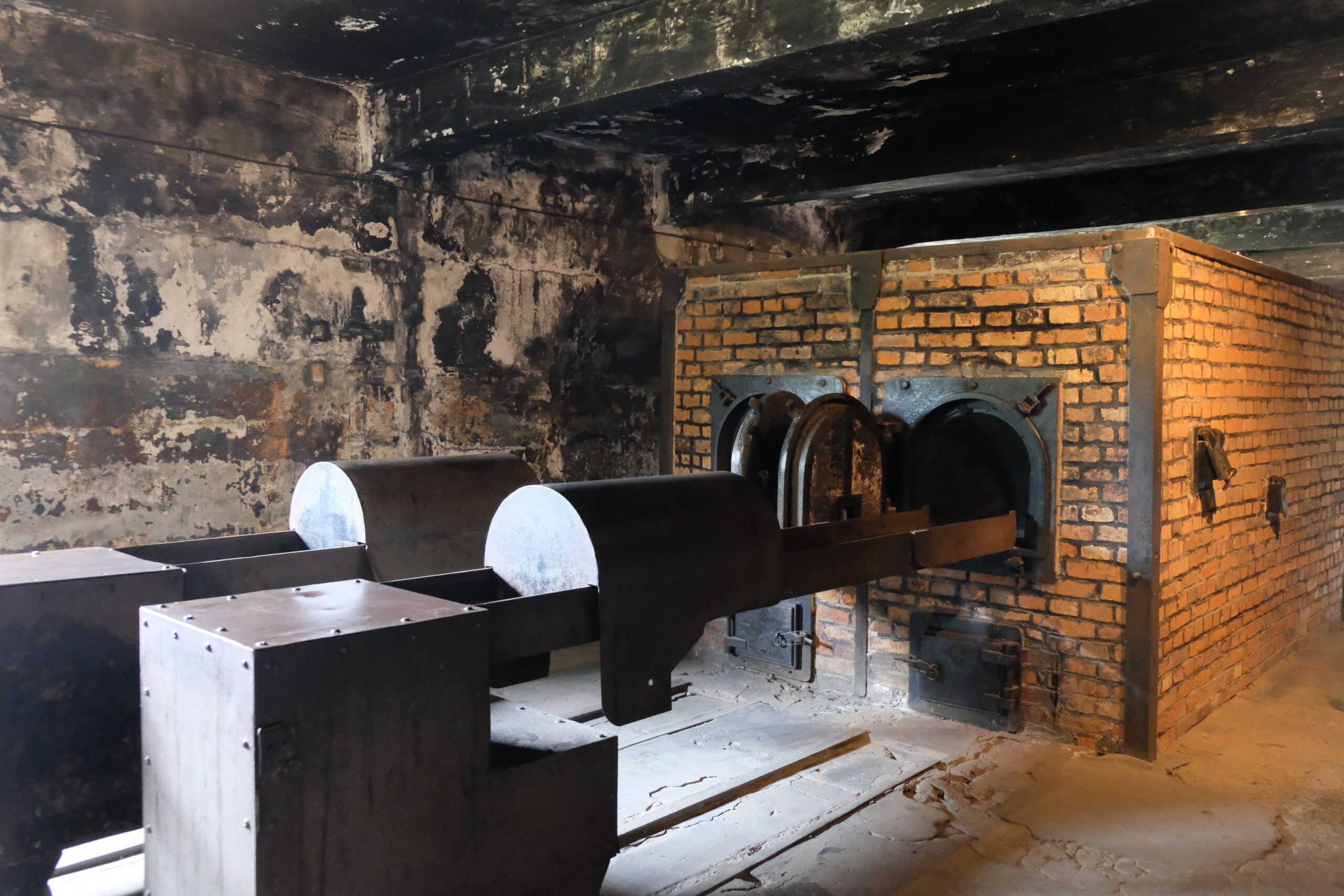
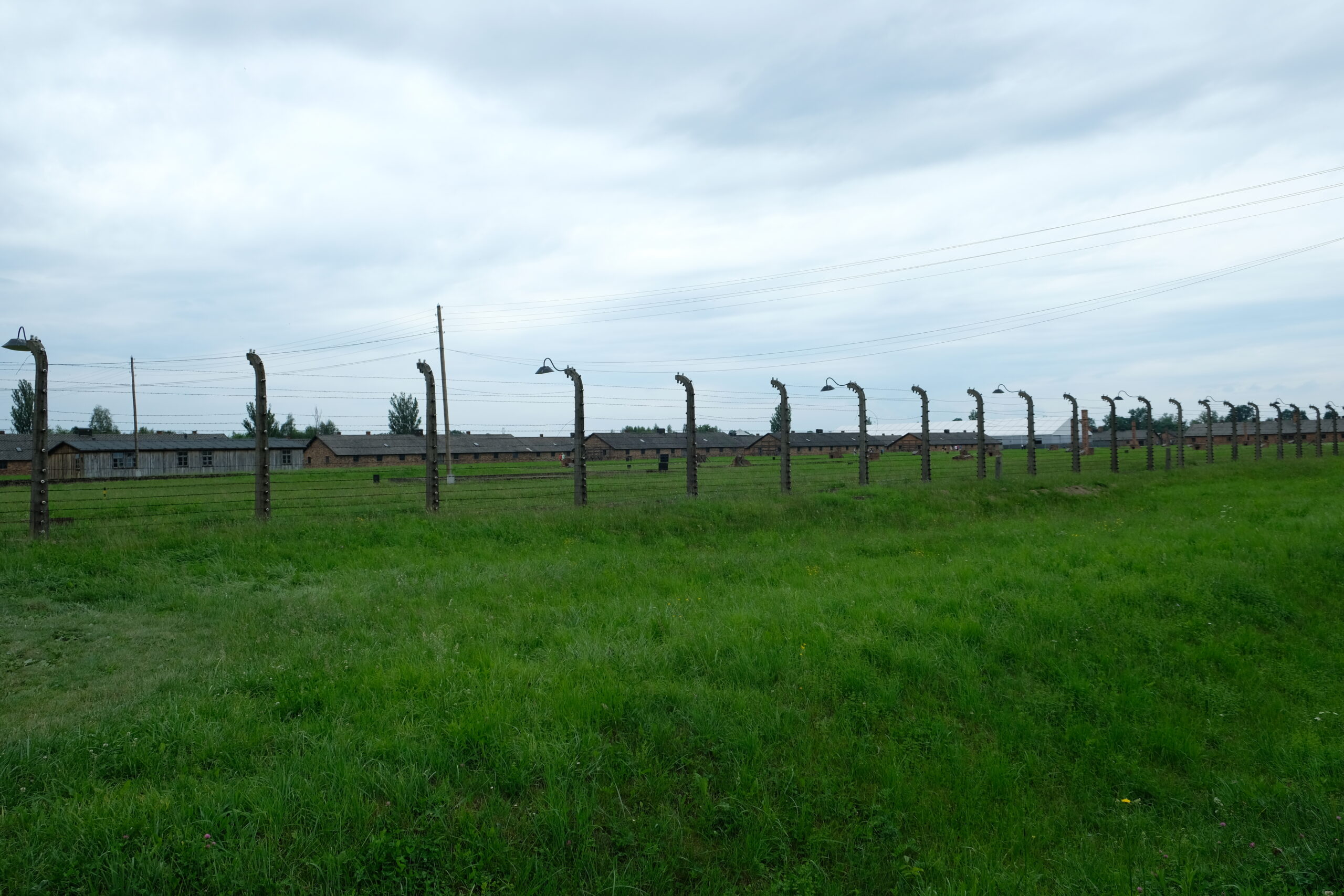
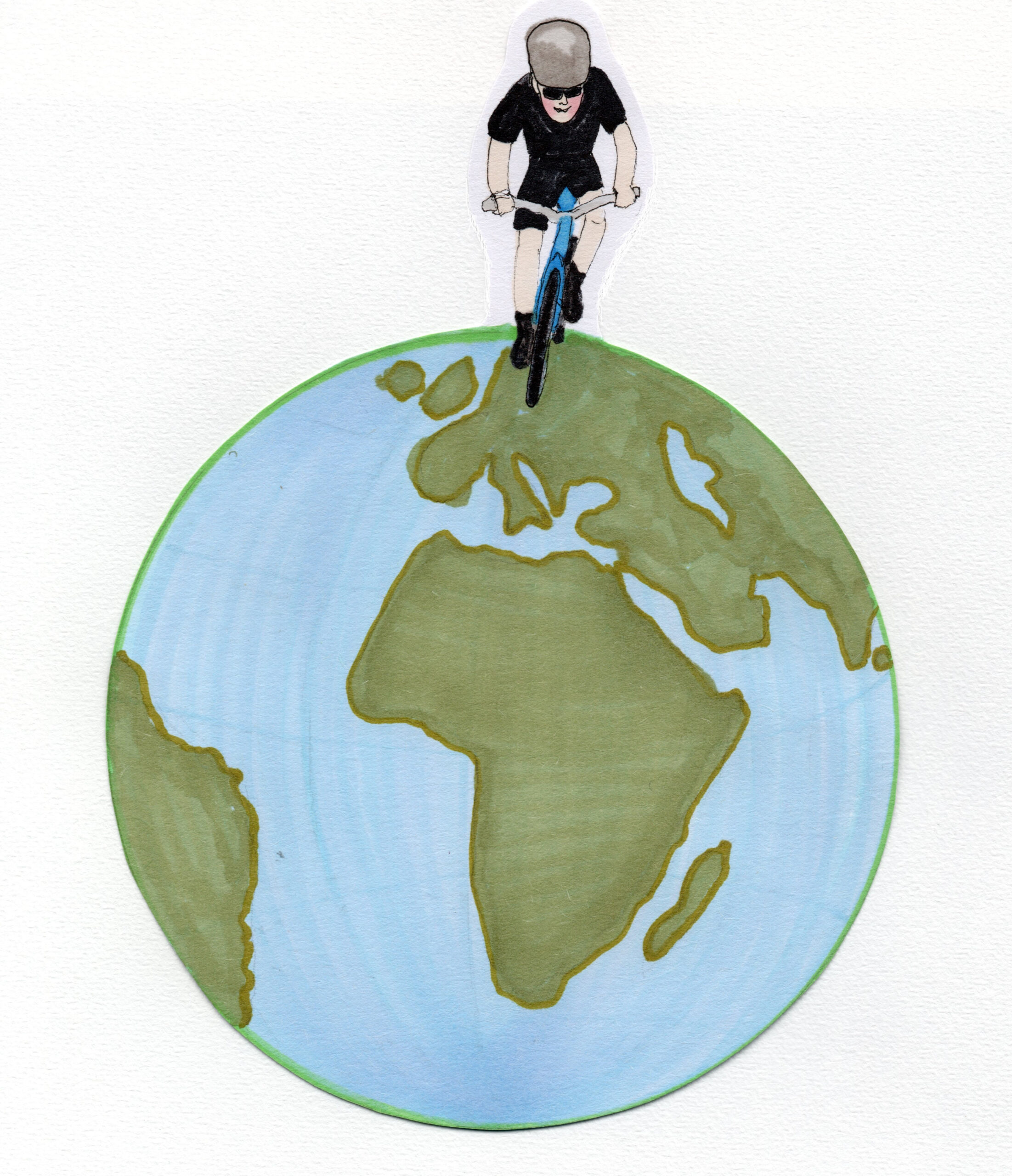
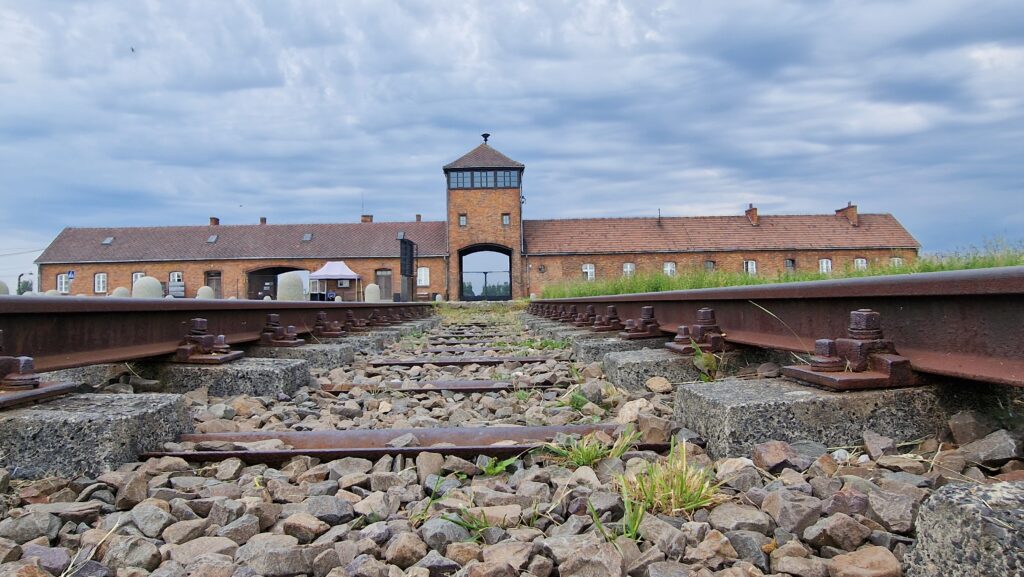
Thanks for your blog, nice to read. Do not stop.
Thanks
Auschwitz is in Chekoslavakia … I must have known this but seeing the reference here I realize I really did not understand where it is. My wife’s grandmother often told us of her upbringing there but we did not understand the history back then. Auschwitz of course we all heard about but I never connected the dots.
Horrible … cruelty and barbarism are in our human history everywhere from the Christian Crusades to slavery and before and after and not that anything can excuse it but it exists even today.